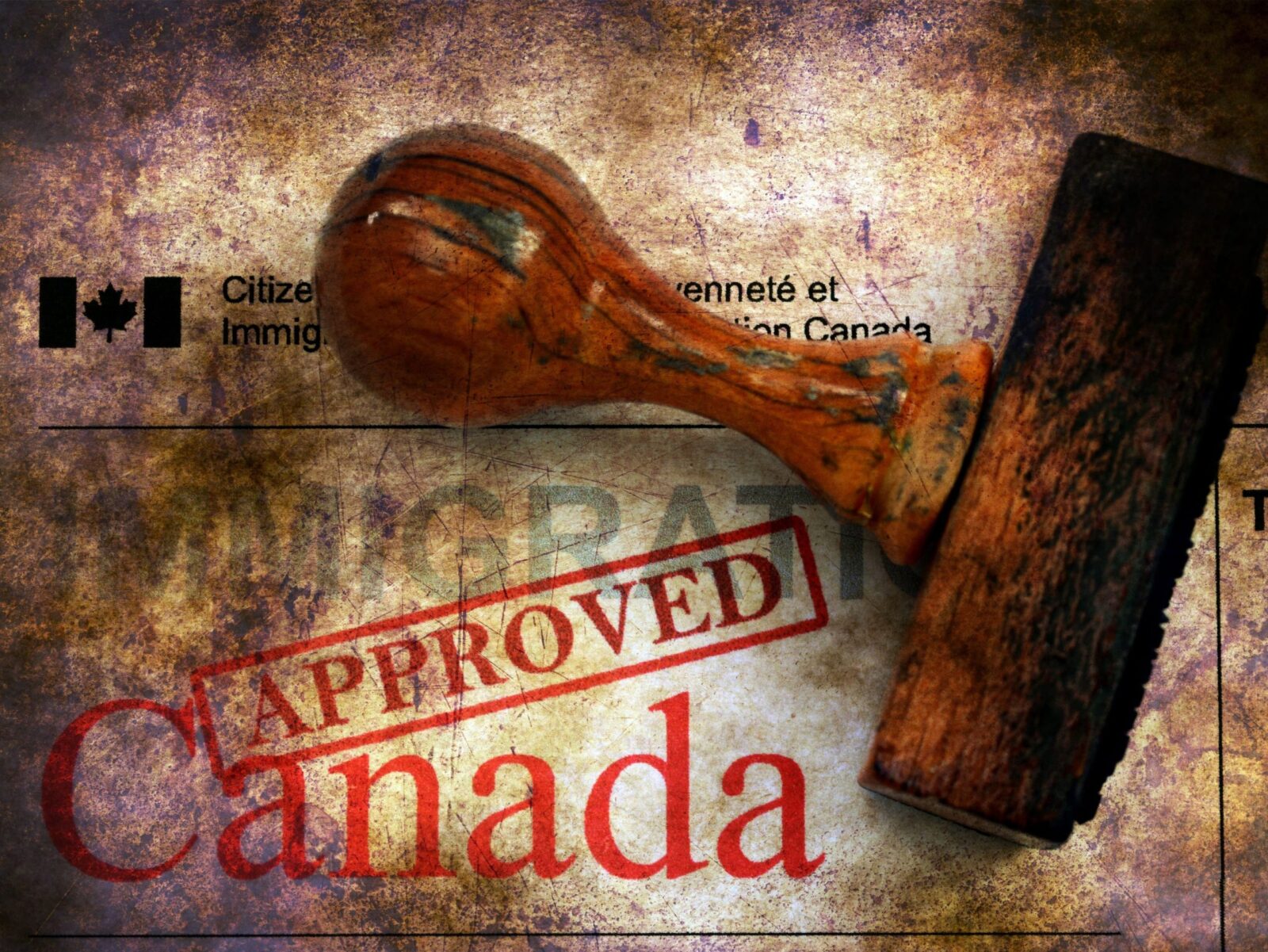Document Services That Support Immigration Applications

Canada is one of the most sought-after destinations for immigration worldwide, known for its diverse culture, high quality of life, and opportunities for personal and professional growth. If you are planning to move to Canada, we want to help you understand the document requirements to ensure your application is a success.
In the following article we will explore aspects of the immigration process and requirements. Including:
- Types of Canadian immigration programs.
- Key Documents Required for Canadian Immigration.
- Things to Know About Document Preparation.
- Documents Services That Support Immigration Applications.
Types of Canadian Immigration Programs
Before gathering your documents, it’s important to determine which Canadian immigration program fits your situation the best. Canada offers several immigration pathways, including:
- Express Entry: A point-based system for skilled workers.
- Provincial Nominee Program (PNP): For those nominated by a Canadian province or territory.
- Family Sponsorship: For those with family members who are Canadian citizens or permanent residents.
- Study Permits: For international students planning to study at Canadian institutions.
- Work Permits: For foreign nationals looking to work temporarily in Canada.
- Business and Investor Programs: For entrepreneurs and investors.
To explore the various Canadian immigration programs and their requirements, we suggest you refer to the official IRCC website: Immigrate to Canada
Key Documents Required for Canadian Immigration
While requirements vary by program, here are some commonly requested documents:
- Passport and Travel Documents: A valid passport with copies of all relevant pages.
- Educational Credentials Assessment (ECA): For skilled workers applying through Express Entry.
- Language Proficiency Tests: Such as IELTS or CELPIP for English and TEF or TCF for French.
- Proof of Funds: Bank statements or financial documents to show you can support yourself and your family.
- Police Clearance Certificate: To prove a clean criminal record. This may be required from each country where you have lived in the past.
- Medical Examination: Proof of good health from an approved medical practitioner.
- Job Offer Letter (if applicable): A valid offer from a Canadian employer.
- Proof of Relationship (for family sponsorship): Birth certificates, marriage certificates, or adoption documents.
- Photographs: Recent passport-sized photos as per the guidelines.
- Completed Application Forms: Based on the specific program.
For the most accurate and up-to-date information on required documents, please visit the official Government of Canada website: Immigrate to Canada
Things to Know About Document Preparation
Your immigration documents may need to be translated, notarized, or apostilled, depending on their country and language of origin. If you are unsure about what steps are required for your documents, we encourage you to check with IRCC here: Immigrate to Canada
- Translations can be done by a Canadian certified translator who is certified in the appropriate language combination, such as Arabic to English for example. Translations will also commonly need to be notarized. You can check with IRCC about these requirements.
- Notarization may involve notarizing the original translation, or having a certified true copy of the original document made. For the certified true copy, the Notary Public will compare a copy of your document to the original, and then stamp and sign the copy, marking it as a “certified true copy”.
- A Police Clearance Certificate, or Certificate of Good Conduct, can often be obtained through the embassy of the country where you held residency. For example, the Embassy of Qatar in Canada can issue a Police Clearance Certificate. If the embassy in Canada does not offer this service, the police clearance can often be obtained from that country using a foreign agent.
- If your documents require an apostille before they can be submitted to IRCC for the immigration application, that will need to be done in the country from where your documents originated. Only Canadian documents can be apostilled in Canada.
What is an apostille? An apostille is an official type of document certification that verifies the authenticity of a document from one country, so it can be used in another country that is also a member of the Hague Apostille Convention. The apostille process simplifies the document verification process by avoiding the need for further steps to legalize the documents through a diplomatic mission.
Documents Services That Support Immigration Applications
Document services like ours can manage the translation, notarization, and apostille of your documents, as well as obtain Police Clearance Certificates. Because we have built trusted relationships with government offices, diplomatic missions, and foreign agents around the world, you will avoid costly roadblocks and save valuable time by using our expert document services.
Navigating the apostille process can be complex, time-consuming, and sometimes confusing. We simplify the process by offering the following:
- Free no obligation review of documents and expertise in document apostille procedures.
- Direct submission to the apostille authority and any other relevant offices.
- Faster turnaround times.
Understanding the apostille process and ensuring your documents are correctly prepared will help streamline your application and increase your chances of success.
We are not affiliated with IRCC or the government of Canada. We are a private document apostille service dedicated to helping people with their international document requirements.
Our expert team is here to help you navigate the apostille process and prepare your documents correctly, saving you time and stress. Reach out to us for a free, no-obligation document review! Call us toll-free at 1-888-433-1011 or send us a quick online request form. We will be happy to hear from you and answer your questions.